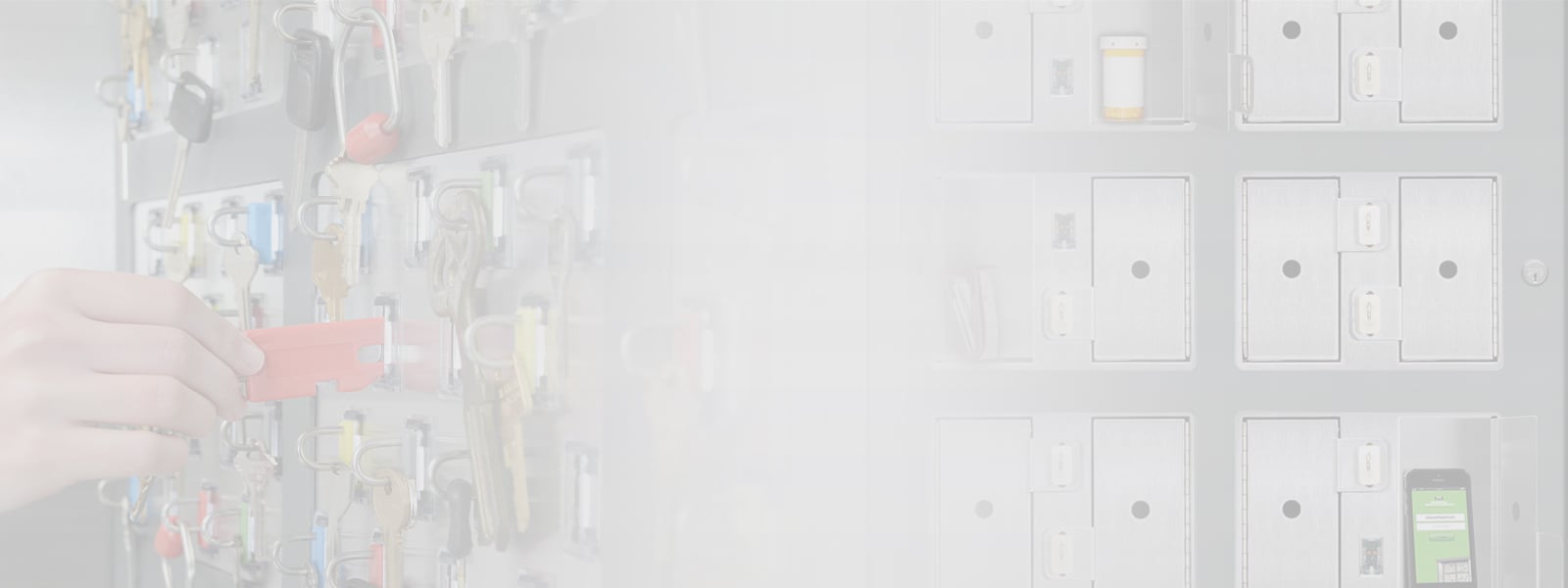
As universities teach, provide accommodation for, and create associations of greater numbers of students every year, security becomes more and more of a challenge. Universities are often large enough to be considered small cities unto themselves – many universities have a system of campuses, each with a variety of buildings and a variety of security needs. With such a sprawling enterprise to look after, administrators may sometimes be unaware of the risks they incur. This can present a multitude of vulnerabilities for which a university needs to consider solutions.
Hundreds or thousands of physical keys are in use at virtually every college campus. The loss or theft of a key creates a serious security vulnerability. Beyond the concern of having it fall into the wrong hands, the loss of a key can necessitate expensive refitting of locks to ensure the building or area remains secure. It is vital to campus safety to make sure that all campus keys are properly secured.
Students, teachers, administration, maintenance, and others all need access to different locations across the campus. In addition, universities often have visitors or contractors who need temporary access, along with seasonal staff. Using a key management and control solution enables the university to tailor permissions, making each individual key available only to those individuals authorized to enter that specific area or building.
With so many people moving on and off of a campus at any given time, it’s crucial that security personnel be made aware of who has access to a building or area at any given time. A visiting science professor might need to be able to enter a laboratory with expensive, hazardous equipment – and campus security will want to ensure that this access is given only to that one professor and not to all visiting professors across the board. With accountability for keys, security personnel can be aware at all times of who has keys to what locations, and can change permissions as needed.
Many universities contract out divisions such as concessions or custodial services. It’s essential to be aware of how these services manage their building access, and ensure that contract workers are not given access to locations other than those in which they work. Limiting the access of contract workers limits the risk of allowing these businesses to enter secure areas of a campus. Using a key management system with reporting and audit trails provides accountability, ensuring that security is constantly aware of who has been given access to a particular area.
From buses to late-night-shuttles to emergency vehicles, many universities have their own fleet of vehicles to manage and maintain. Securing these vehicles while giving their drivers easy access to their keys can be a daunting task. With key management systems, security can be assured that only authorized drivers take out these vehicles, and that they can be alerted when important vehicle keys are removed.
The size and complexity of university campuses means that maintaining a secure environment during any wholescale changeover of students or personnel is a challenge. Educating new employees and students about procedures takes time and effort, and during these time-consuming procedures there is a period of higher risk. Relieving the burden by offloading responsibility to tamper-proof technology that is auditable and accountable can help reduce risk during times of changeover.
University campuses have a variety of security needs – combining residences, education centers, social facilities, and infrastructure, they require complex and rock-solid access control that is easily manageable. With key management systems that include accountability features and ensure simple management, security can help to mitigate the risk that comes with these sprawling, ever-changing mini-cities.




